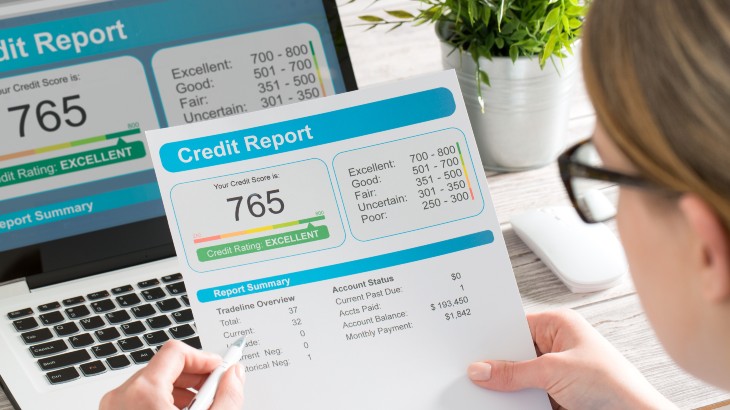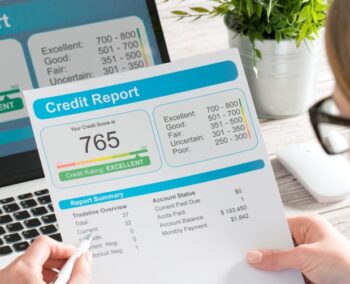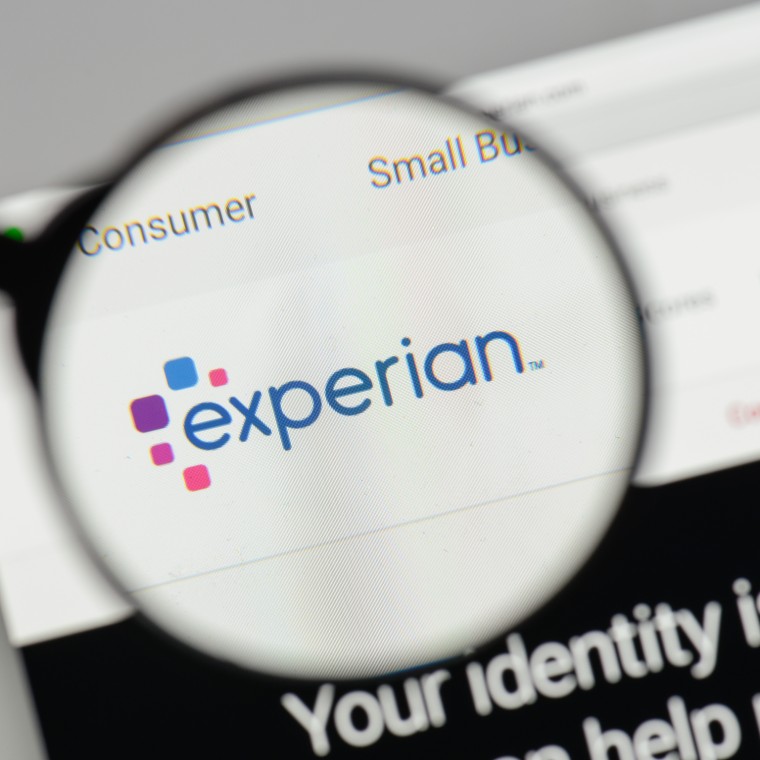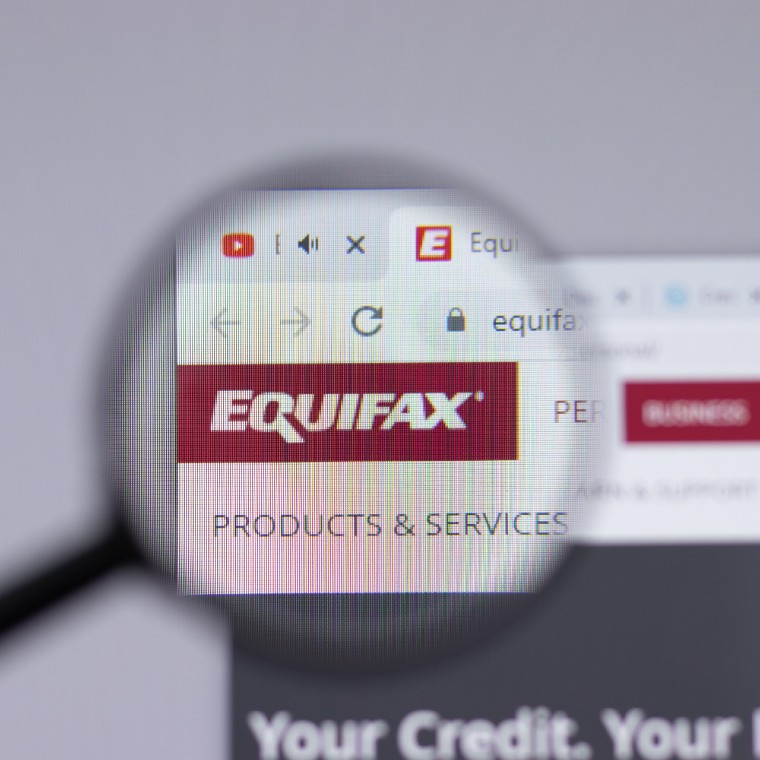Your credit report plays an important role when it comes to applying for financial products such as car finance, so it helps to know what they contain and how they work.
Read our short guide to find out all about your credit report.

What is a credit report?
A credit report is a little like a financial CV. It contains information about how you’ve managed your finances, and is a vital tool for lenders as it helps them confirm your identity and see whether you’re a reliable borrower.
Your credit report sums up the information from your credit history over the past six years.
It comes from a variety of sources, such as banks, building societies, credit card companies and utility companies.
The report shows who you owe or have owed money to and how you’ve managed those repayments.
What’s included:
- Your name, current address and whether you’re on the electoral roll
- How much you currently owe lenders and how much credit you have available on your accounts
- Late or missed payments on any existing or past accounts (usually in the past six years)
- County Court Judgements (CCJs), Individual Voluntary Arrangements (IVAs), Debt Relief Orders (DROs) or Bankruptcies
- Any applications for credit you’ve made
- If a company has searched your credit report
- Financial links, such as someone you share a joint account with
How is a credit report made?
The information that makes up your credit report is compiled by a credit reference agency.
As well as creating your credit report using the information from your credit history, they also produce a unique score for you. This is your credit score. The higher the score is, the better chance you have of being accepted for a financial product.
A lender doesn’t legally have to supply information to a credit reference agency, but the majority will report the status of accounts to at least one of the agencies every month.
The credit reference agencies will only report the information they have for the past six years, although some information – such as bankruptcy – will stay visible on your report for up to 10 years.
They are also only allowed to let certain companies check your credit report – so it’s not available for just anyone to access.
There are three main credit reference agencies in the UK – Experian, Equifax and TransUnion.
READ: Which credit reference agency should I use to check my credit report?
This means you generally have three different credit reports and scores, as not all your creditors will share the information with all three agencies.
How do you read a credit report?
Legally, all credit reference agencies have to provide you with a copy of your credit report for free when you request it.
It’s worth getting a copy of your report from each of the agencies, as they might hold different information from different providers.
You can either contact Experian, Equifax or TransUnion directly for your report or you can access your report through their partner websites.
Often these will include other services too, such as fraud monitoring, credit offers and guidance on how to improve your report.
Experian’s partner website is MoneySavingExpert’s Credit Club, Equifax’s is ClearScore and you can find TransUnion’s at Credit Karma.
The information on your report will be generally the same, but each agency organises it differently. Typically, it’s divided into sections:
Personal information
Your name, your current and previous address, any financial links.
Accounts
All your open credit accounts along with your payment history for them. Closed accounts will also show here if they’re less than six years old.
Credit applications and searches
Any time you have applied for credit or a company has searched your report following an application for credit will show on your report – unless it’s a soft check.
Public records
This includes County Court Judgments, house repossessions, bankruptcies and Individual Voluntary Arrangements.
Why is your credit report important?
Your credit report serves as a snapshot of your credit history and is important because it can impact so many areas of your life.
Credit reports are used by banks, mortgage providers and other lenders to check your creditworthiness.
It’s your report and subsequent score that helps you get accepted for credit, as well as determines which interest rates and terms you’re offered.
It also acts as proof of identity. So not only can a company ensure you are who you say you are through your credit report, it can help you by flagging any fraudulent or suspicious activity, such as someone applying for credit in your name.
When should you check your credit report?
It’s a good idea to check your credit report regularly – at least once a year – whether you’re applying for credit or not.
This is because it helps protect you against identity fraud. By checking your report, you’ll be able to spot any unfamiliar applications or accounts and alert the relevant authorities.
If you’re planning on applying for credit in the near future, it’s important to check your report even more regularly.
Ideally, checking it around three months before you apply for credit gives you enough time to rectify any inaccuracies on your report.
It also gives you a chance to see if there’s any way you can improve your credit score, giving you a better chance of being accepted, as well as more favourable terms.
What to look for in a credit report?
There are a few things that you need to keep an eye on when checking your report.
Your credit utilisation ratio
This is basically how much credit you use compared to how much credit you have available.
So, if you have a limit of £1,000 on your credit card, and a balance of £500, your credit utilisation ratio is 50%.
Ideally, when you’re applying for credit, you want this number to be as low as possible – under 30% is a good aim.
Look at all the accounts on your report and highlight their outstanding balances, working out your utilisation ratio and how much debt you need to pay down to lower it.
Incorrect information
It’s not that uncommon for there to be an odd administrative error on a credit report. Even a misspelled address can have an effect on your credit score, though, so it’s good practice to check your report thoroughly.
Look for any old information that needs to be updated – especially if it’s negative.
Check your account and payment history is correct and, if it’s not, contact your lender and the credit reference agency to raise a dispute to get it corrected.
Identity theft
Some common red flags that you need to look out for on your report are credit searches by companies you don’t recognise or new accounts that don’t belong to you.
If you see any signs of identity theft, first and foremost contact the creditors or lenders listed to inform them that the account or search was unauthorised.
How does the information in your credit report affect your credit score?

Lenders use your credit score to figure out how much of a risk you pose as a debtor. So this little number can have a big impact when it comes to whether your application for credit is accepted or not.
Your credit score is calculated using numerous factors in your credit report. Here are the most common ones:
Your payment history
This is the most important factor in determining your credit score. By showing you can make payments on time, lenders can be reassured that you manage your money well and aren’t a risk to lend to.
By missing payments or making late payments, it suggests the opposite. This usually has a negative impact on your score.
To improve your credit score, paying your bills regularly on time is crucial to show lenders you’re reliable when it comes to debt.
Credit utilisation ratio
As we mentioned before, your credit utilisation ratio also has a huge effect on your credit score.
If you have a lot of credit accounts or a lot of debt, it can suggest you’re not managing your money well.
By keeping your credit utilisation ratio at 30% or under, it’ll have a positive impact on your score.
The age of your accounts
How long you’ve held your credit accounts is important for determining your credit score. That’s because if you’ve held an account for several years it indicates stability.
It shows that you’ve been trusted by a lender for a number of years and also gives the lender a lot to look at to be able to make a judgement.
This is why when you close an older account it can actually have a detrimental effect on your score as it brings the average age of your accounts down.
Should I read my credit report before applying for car finance?
As we mentioned earlier, if you’re thinking about applying for any sort of finance, including car finance, taking a look at your credit score beforehand is recommended.
It can give you an idea of whether you’ll be approved, or if there’s anything in there you can change to help boost your score.
Of course, even if you have a low credit score, here at Hippo Motor Finance, we may be able to help.
We work with a number of credit lenders who try to help our customers get approved no matter their circumstances.
If you’d like to see if you’ll be approved for car finance without affecting your credit score, use our quick and easy online soft search tool:

















